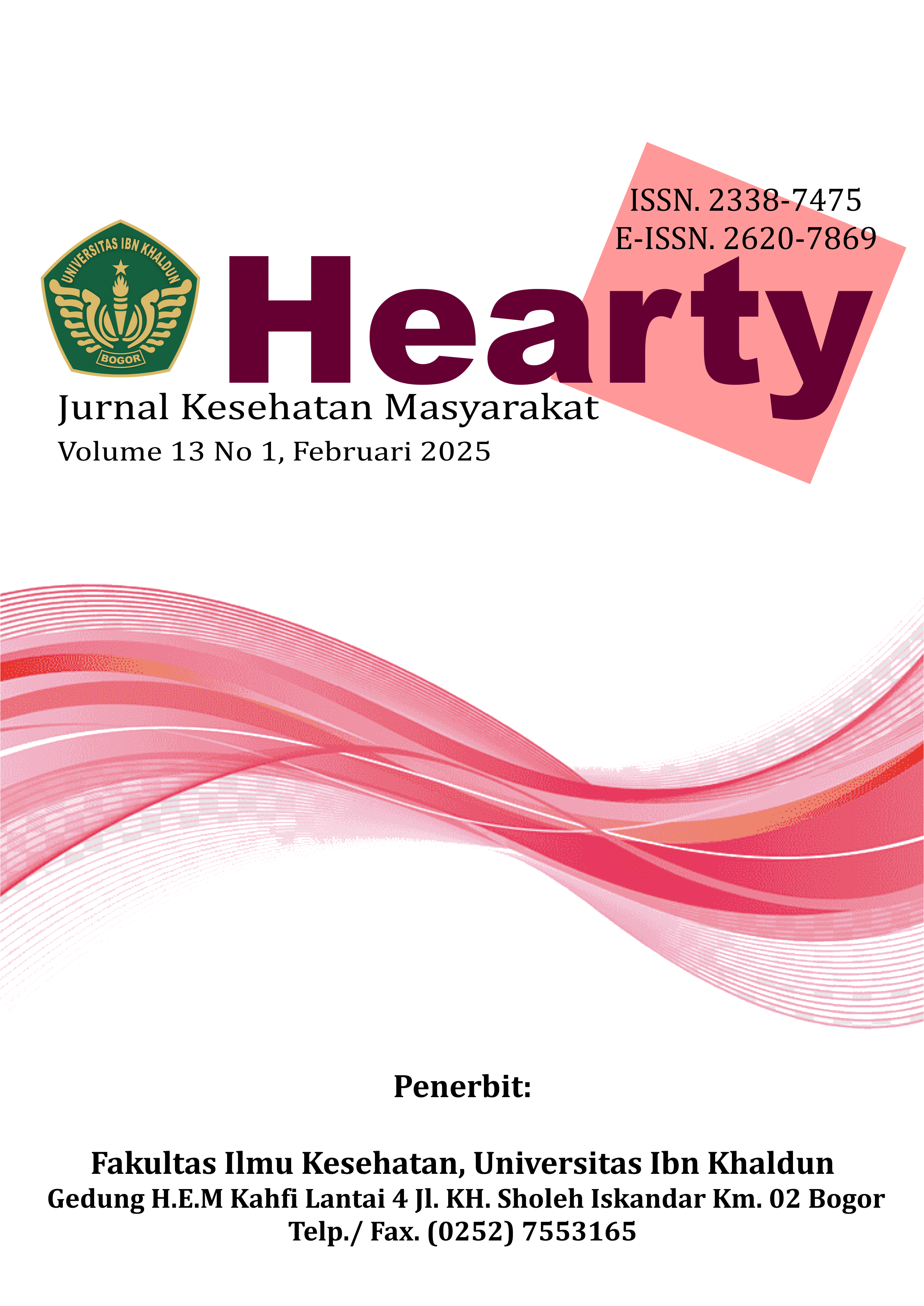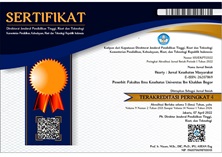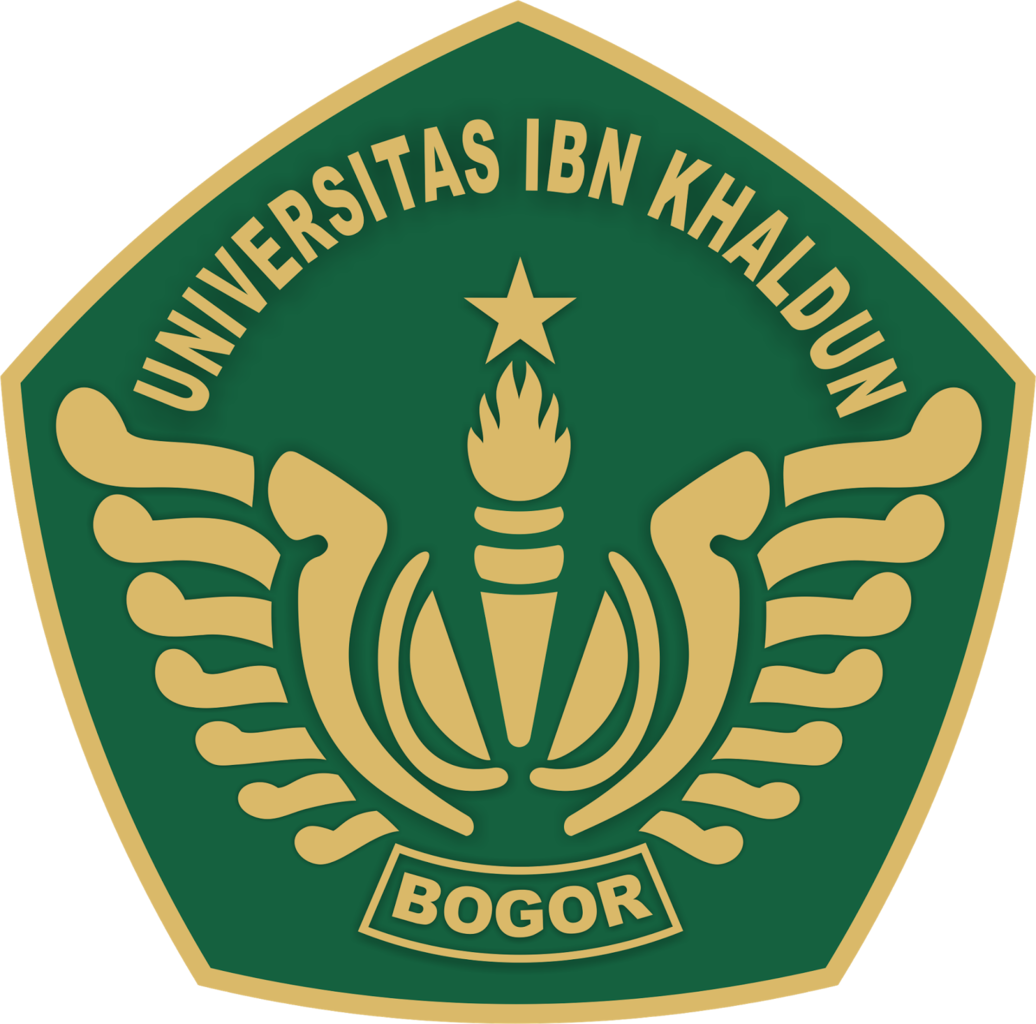THE RELATIONSHIP OF MOTHER'S ATTITUDES AND LEVEL OF KNOWLEDGE REGARDING MP-ASI TO MP-ASI PRACTICES AT THE RUSSEL BABY SPA CLINIC
DOI:
https://doi.org/10.32832/hearty.v13i1.16005Abstract
Background Knowledge is obtained when someone understands something through the senses of hearing, sight, or smell of a particular object. The knowledge that humans acquire is mostly obtained through their ability to see and hear. Knowledge can encourage someone to act positively or negatively. Giving MP-ASI by a mother to a child is a form of positive action to fulfill the baby's nutrition and support the baby's growth and development. In 2023, Indonesia will be one of the 36 countries with the highest number of stunted children, with a stunting rate of 37%. The aim of providing complementary foods and breast milk support to children aged six months and over is to reduce the rate of malnutrition and childhood diseases. MP-ASI is a form of positive action that requires knowledge. Purpose This research aims to find out how mothers' attitudes and knowledge about MP-ASI influence the practice of giving MP-ASI to babies. Method In this research, analytical observational research methods were used with a cross-sectional approach. The sample size consisted of 81 people who were respondents and had babies during the MP-ASI period. To analyze the collected data, the Chisquare statistical test and person correlation were used. The results The research results show that there is a relationship or correlation between mother's knowledge regarding MP-ASI and the practice of giving MP-ASI, p-value=0.00<0.05. The correlation value between knowledge of MP-ASI and giving MP-ASI is 62%, showing a positive correlation value, meaning that the better the knowledge regarding MP-ASI, the more appropriate the practice of giving MP-ASI, as well as the relationship between the mother's attitude regarding MP-ASI and the practice of giving MP-ASI, shows a significance value of p-value=0.00<0.05, This means that there is a relationship between the two variables, and the correlation value between attitude and practice of giving MP-ASI is 79%, showing a positive correlation value, meaning that the higher the attitude a mother has regarding MP-ASI, the better it is, the more appropriate the practice in the field. A mother's attitude regarding MP-ASI is closely related to a mother's level of knowledge, with a correlation value of 68%. Conclusions and suggestions It is hoped that health workers can play a role in providing equitable literacy to the community regarding MP-ASI, because there are 32% of mothers who have poor knowledge regarding MP-ASI, mothers' knowledge and attitudes regarding MP-ASI have a strong correlation with the practice of giving MP-ASI, A mother's knowledge regarding MP-ASI also has a strong correlation with a mother's attitude, so an even knowledge insight regarding MP-ASI is needed, so that practice in the field becomes better.























